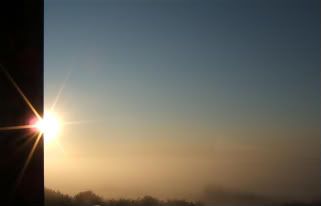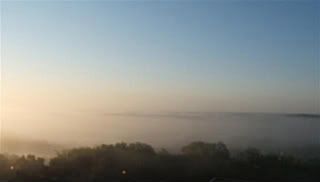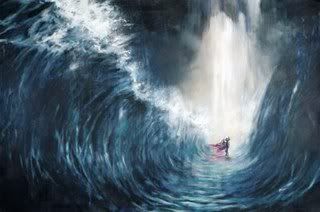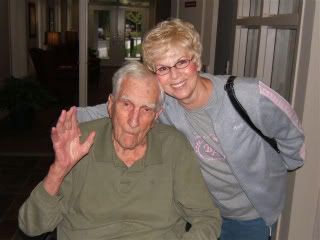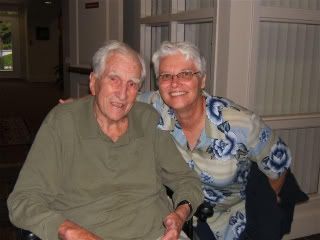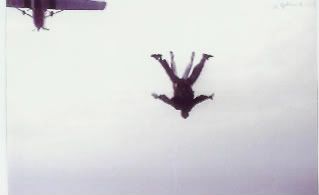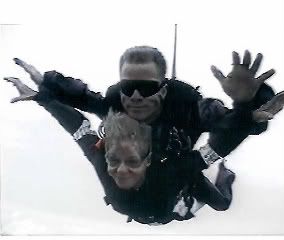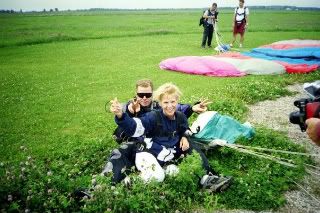Four people snake their way up the mountain. The trip has been long; the hour is late. A level place on the hillside is reached, and they sit down. They’re tired. Their muscles hurt. The grayness of twilight settles over them like a soft cloth.
The quartet of pilgrims longs to sleep, but only three do.
The fourth sits in the shadows. Legs crossed. Face skyward. The stars wink at their Maker. Winds waft over the shoulders of their Designer, cooling his neck. He slips off his sandals and rubs his sore feet and reflects on the wildness of it all.
A God with sore legs? Holiness with hunger? Divinity with thirst?
A World Maker made weary by his world? His thoughts drift homeward.
Nazareth. How good it would be to be home again. The memories surface so easily. Sawdust-covered workbench. Friends stopping to talk. Dinner-table laughter. Wrestling with his brothers. The synagogue. The house. The home. What I’d give to go home.
But Nazareth would never be home again. They tried to kill him the last time he was there. Neighbors, friends, teachers, schoolmates . They squeezed the stones intended for his body. Even his brothers and sisters considered him insane. They wanted to hide him, to put him away. They were ashamed to be known as his family.
No, Nazareth can never be home again.
What about Galilee? He could go back to Galilee. There the crowds listened. There the people followed. But he shook his head. As long as I made them bread . As long as I said what they wanted to hear. He remembered the crowds as they turned away. He heard their jeering. He felt their rejection.
No, I can never go back to Galilee.
He thinks of Jerusalem. She offers no comfort. He knows what she will do to him. A foreboding pain stabs his wrists. He winces at the slicing of his brow. He sees the world around him growing darker, darker. My God! a premonition inside him cries.
He shakes his head and breathes a staggered breath.
His thoughts return to the present.
He plucks a shoot of grass, puts it into his mouth, and sits in the shadow of his fear. He looks at his followers, as asleep as they are naïve. They have no idea. They just can’t understand.
He speaks of suffering; they think of conquering. He speaks of sacrifice; they think of celebration. He’s an artist painting for the color-blind. He’s a singer singing for the deaf. They nod their heads and clap their hands. They think they see. They think they hear. But they don’t. They can’t see. No one sees.
Part of him knew it would be like this. And part of him never knew it would be so bad. Part of him wonders, would it be so bad to give up? After all, there might be a better era. There will be other generations , other people.
He has given his best, and what does he have? A ragged band of good-hearted but hardheaded followers who are destined to fall face-flat over promises they can’t keep. He puts his face into his cupped hands and closes his eyes and prays.
It’s all he knows to do.
******************Sounds familiar, doesn’t it, seeker? Was it so long ago that you were on a quest for truth ?
Sounds familiar, doesn’t it, dreamer? You wanted to badly to change the world.
Sure the mountain was high, but you were brave. Then the winds came. Sharp rocks of reality cut your feet, breaking your stride . . . breaking your heart. And you found that the role of the cynic was less costly than the role of the dreamer. So you sat down.
We need to know something: Jesus sat down, too.
Oh, sure, there were moments when he stood tall. There were hours of splendor. There were dynamic days during which the lepers leapt and the dead came alive and the people worshiped. Those days came.
But his plateaus of popularity were gorged by canyons of isolation.
And on this day, the crevasse is deep. Steep walls mock an easy escape. Rocky abutments imprison his vision. His strength has reached its solstice. He sits down and puts a tear-streaked face into cupped palms and prays.
It’s all he can do.
And when his Father sees him, it’s all his Father can take. From another dimension, a light comes. It enters the solitary figure and glows.
“As he was praying,” Luke writes, “the appearance of his face changed, and his clothes became as bright as a flash of lightning."
Jesus implodes with glory.
For just a moment, he is transfigured; a roaring radiance pours from him. He becomes as he was before he came. For one brief, shining moment, the burden of his humanity is lifted. “Decarnation” occurs. He is elevated above earth’s horizon and escorted into the eternal. He is home again. Familiar sounds surround him. Those who understand welcome him. And the One who sent him . . . holds him.
Dusty trails and hard hearts are, literally, a world away.
The One who felt weary is reminded: the weariness will soon pass. Moses and Elijah, aflame with eternal robes, stand beside their King. When Jesus was preparing himself in the desert for the work of life, angels came to encourage him.
Now, on the mountain, preparing himself for the work of death, Moses and Elijah draw near: Moses, the Lawgiver whose grave no man knew; Elijah, the prophet who sidestepped death in a fiery chariot.
The One who saw death is reminded: the grave is impotent.
And then, the voice thunders. God inhabits a cloud. It becomes a bonfire, puffy with brilliance. It consumes the shadows. It transforms the nightened mountain into a shining monument. And from the belly of the cloud, the Father speaks:
“This is my Son, whom I love; with him I am well pleased. Listen to him!”
The One who had despaired is affirmed. “What people think doesn’t matter,”
God shouts. “What I think does. And I’m proud.”
This is an excerpt from Max Lucado's 'Up Words' and more can be found HERE under the 'Weekly Words'



